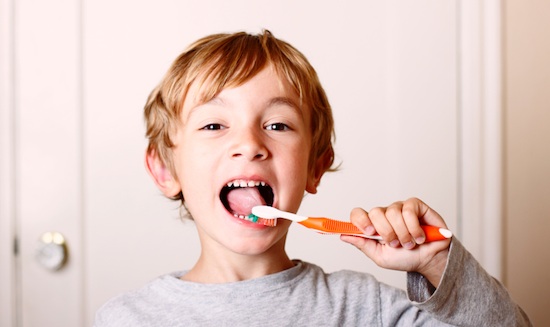Tooth Decay: The Most Common Childhood Disease
October 17, 2013
With all the childhood diseases we hear on the news, the shocking truth is that tooth decay is arguably the most common threat to children’s health, as well as one of the most preventable. Even with education and a push for dental health, dentists are seeing even preschoolers come in with an astonishing amount of cavities.
The Problems With Tooth Decay
Tooth decay is not just a blemish on a tooth – it is a disease that causes damage to tooth structure. Holes are caused when food particles are left on the tooth after eating or drinking, and the germs in your mouth cause those bits to turn into an acid which erodes the tooth surface. The resulting holes in the tooth are cavities.
On the Rise, With a Lot of Issues
Tooth decay in children is on the rise – a survey done by the Ad Council shows that only 44% of American children brush their teeth two or more times per day. Without brushing and flossing, tooth decay occurs. Tooth decay, if untreated, can cause a multitude of problems including:
- Pain
- Higher risk of new cavities in both baby and adult teeth
- Loss of classroom time
- Increased fear of dentists due to associated pain
- Complicated and expensive dental treatments
- Infection
- Speech and/or jaw development
What Can Be Done?
Parents need to not only require tooth brushing and flossing, they need to take an active role in home dental care – occasionally watching a child brush and floss to ensure both are being done properly. There are other things a parent can do as well. These include:
- Cut down on sweet snacks, including things like raisins which are full of sugar.
- Never give a youngster a bottle filled with sugary fluids of any kind.
- Don’t put a baby to bed with a bottle filled with anything other than water.
- Try to stop bottle feeding by 14 months of age.
- Encourage drinking tap water which has been treated with Fluoride. Drinking water prevents the drinking of sugary or acidic drinks such as soft drinks or juice.
- Fluoride helps teeth – use a Fluoride toothpaste and dental rinse to keep teeth strong. (non-fluoride toothpaste for toddlers as they may swallow it).
- For older children, chewing a sugar-free gum can stimulate saliva flow, which helps protect teeth from decay.
- Establish regular dental check-ups from an early age.
- Establish regular snack and meal times, don’t let your child “graze” all day.
Children learn by modeling adult behaviors, so it’s important that parents practice good dental hygiene as well. Let your youngsters observe you caring for your teeth – get out the dental floss and let everyone floss together, making it something fun for young children to learn and do. If you start young, be encouraging, and make dental care as normal as eating and drinking, you’ll lay the foundation for a lifetime of good dental hygiene for your children.






